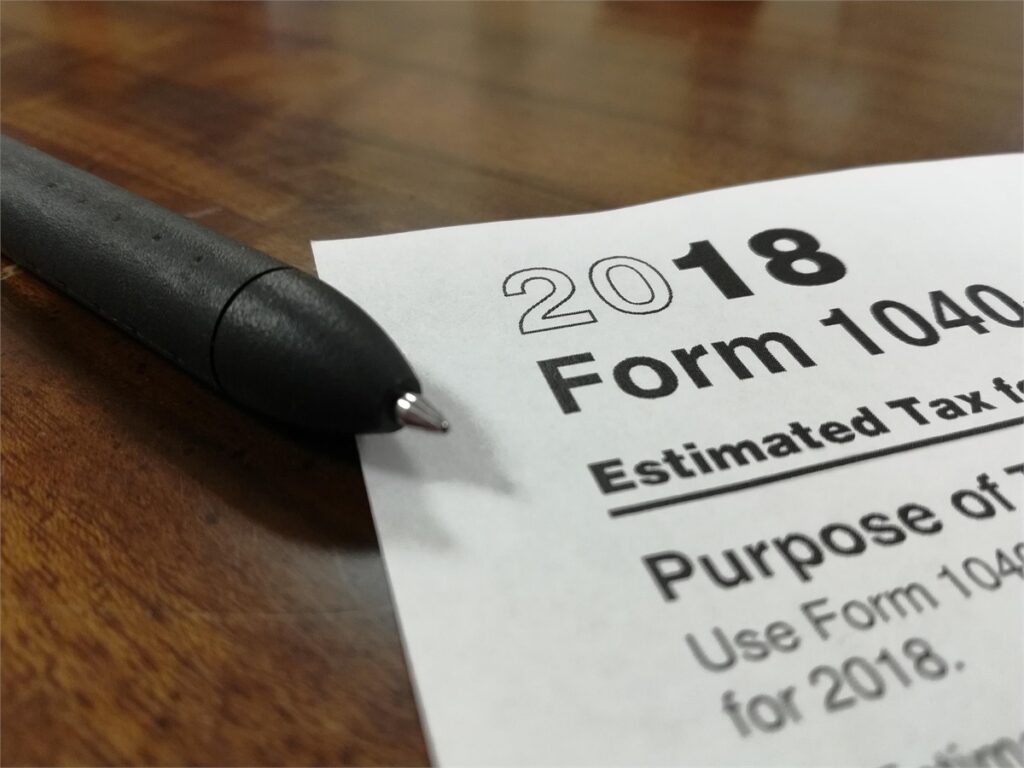
Taxpayers are required to pay most of their tax obligation during the year by having tax withheld from their paychecks or pension payments, or by making estimated tax payments.
Estimated tax is the primary method used to pay tax on income that isn’t subject to withholding. This typically includes income from self-employment, interest, dividends, and gain from the sale of assets. Estimated tax is used to pay both income tax and self-employment tax, as well as other taxes reported on your income tax return.
Generally, you must pay federal estimated tax for the current year if:
(1) you expect to owe at least $1,000 in tax for the current year, and
(2) you expect your tax withholding and refundable tax credits to be less than the smaller of
(a) 90% of the tax on your tax return for the current year, or
(b) 100% of the tax on your tax return for the previous year (your tax return for the previous year must cover 12 months).
There are special rules for farmers, fishermen, and certain high-income taxpayers. If at least two-thirds of your gross income is from farming or fishing, you can substitute 66-2/3% for 90% in general rule (2)(a) above.
If your adjusted gross income for the previous year was more than $150,000 ($75,000 if you were married and filed a separate return for that year), you must substitute 110% for 100% in general rule (2)(b) above.
If all of your income is subject to withholding, you probably don’t need to pay estimated tax. If you have taxes withheld by an employer, you may be able to avoid having to make estimated tax payments, even on your non-wage income, by increasing the amount withheld from your paycheck.
You can use Form 1040-ES and its worksheets to figure your estimated tax. They can help you determine the amount you should pay for the year through withholding and estimated tax payments to avoid paying a penalty.
The year is divided into four payment periods. After you have determined your total estimated tax for the year, you then determine how much you should pay by the due date of each payment period to avoid a penalty for that period. If you don’t pay enough during any payment period, you may owe a penalty even if you are due a refund when you file your tax return. Withholding and estimated tax payments may also be required for state and local taxes.
This information is not intended to be a substitute for individualized tax advice. Hollander Lone Maxbauer and LPL do not offer tax advice. Please consult your tax advisor regarding your specific situation.

